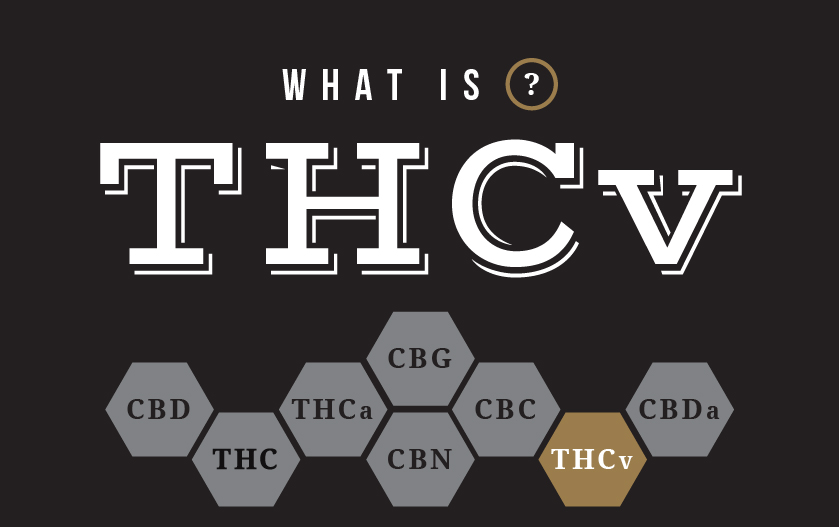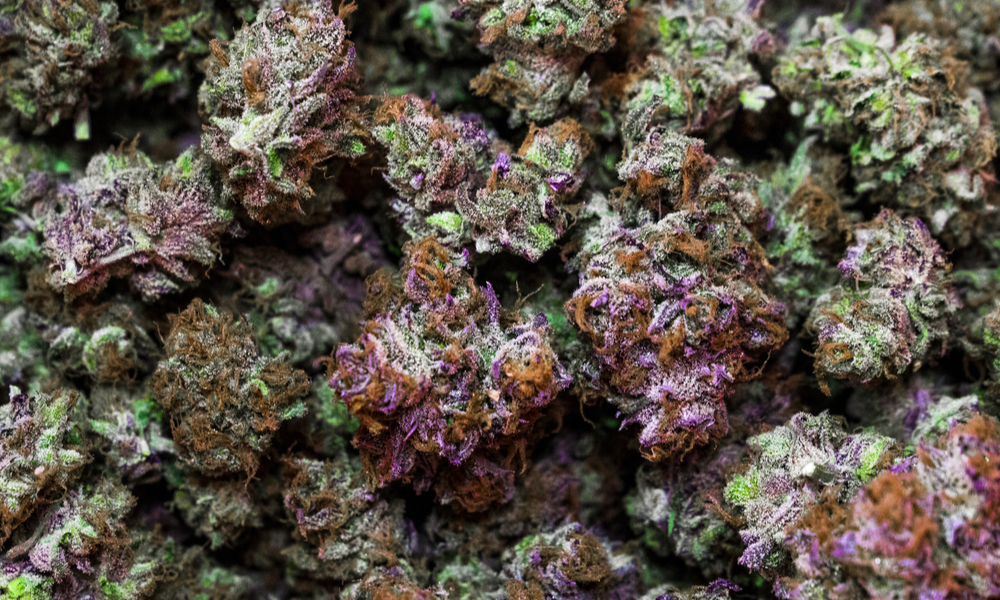Tetrahydrocannabivarin (THCV) is a cannabinoid compound discovered in cannabis and hemp plants. It's chemically comparable to tetrahydrocannabinol (THC) but with some key distinctions. Here's whatever you require to understand about THCV including the dangers, advantages, differences, and resemblances with other kinds of THC and more. What Is THCV? THCV is a less typical cannabinoid discovered in some stress of marijuana, specifically African sativa.
 THCV - The Cannabinoid of the Month at Champlain Valley Dispensary
THCV - The Cannabinoid of the Month at Champlain Valley Dispensary
 What is THCV? Understanding “Diet Weed” - Elevate Holistics
What is THCV? Understanding “Diet Weed” - Elevate Holistics
 What Is THCV (Tetrahydrocannabivarin) And What Does It Do?
What Is THCV (Tetrahydrocannabivarin) And What Does It Do?
THCV has a 3-carbon side chain rather than THC's 5-carbon side chain. This difference is subtle, however it has a noticeable effect on the impact profile. THCV is somewhat psychoactive however only about and about. What Does THCV Seem like? THCV has a strong energy-boosting component to it, which makes it particularly popular among students and professional athletes.
In the United States, THCV guideline is nuanced. THCV is not an Arrange I Drug, but marijuana extracts are making it rather unclear what the federal position is on THCV. The 2018 Farm Costs states that hemp plants and all derivatives of the plants are legal on a federal level, so lots of companies comply with this law and still provide THCV to clients by only extracting the compound from hemp plants.
If THCV is considered a THC analog, it could be managed in the future by the very same rules as THC under the Federal Analog Act. This act states that any substance that shares a comparable molecular profile as a recognized forbidden compound it's consisted of in the same drug Arrange classification.
What Are the Impacts of THCV? Proponents of THCV report that it produces an extreme burst of energy and makes them feel euphoric without the mental cloudiness triggered by THC. The results are super mild compared to THC. The impacts are practically specifically cognitive yet somehow have extremely little effect on headspace.
2. THCV & Cravings Some THCV users declare that it curbs their hunger. This Visit this website is a common impact of other focus-enhancing compounds as well. It's as though THCV gets rid of the distraction of other physical procedures (like appetite) in order to preserve resources and attention to cognitive tasks rather. How Does THCV Work? Cannabinoids produce biological impacts in the human body by connecting with endocannabinoid Go to this website receptors.
CB1 receptors lie in the anxious system and engage with neurotransmitters in the brain to produce mind-altering results. Interaction with CB1 websites is what provides some cannabinoids like THC their psychoactivity. THCV is a bit challenging to understand due to the fact that it's mainly a CB1 villain, indicating it has the opposite effect as THC.
While researchers are still seeking to understand garrettsuqn464.edublogs.org/2022/05/11/thcv-cresco-labs/ this procedure, it appears THCV is able to obstruct the results of CB1 in low dosages and stimulate them in high doses. CB2 receptors are discovered primarily in the body immune system. THCV is a partial agonist of CB2, however the results of this partial activity aren't widely known, and it relatively has no discernible effect on THCV users' experience.
As mentioned in the previous section, THCV is a CB1 antagonist in low doses which is the exact opposite effect of delta 8 and delta 9 THC. This might suggest that THCV combats some of the psychoactive impacts of THC. This impact could discuss why people who utilize THCV feel so clear-headed especially compared to the infamous "fogginess" induced by delta 9 THC.